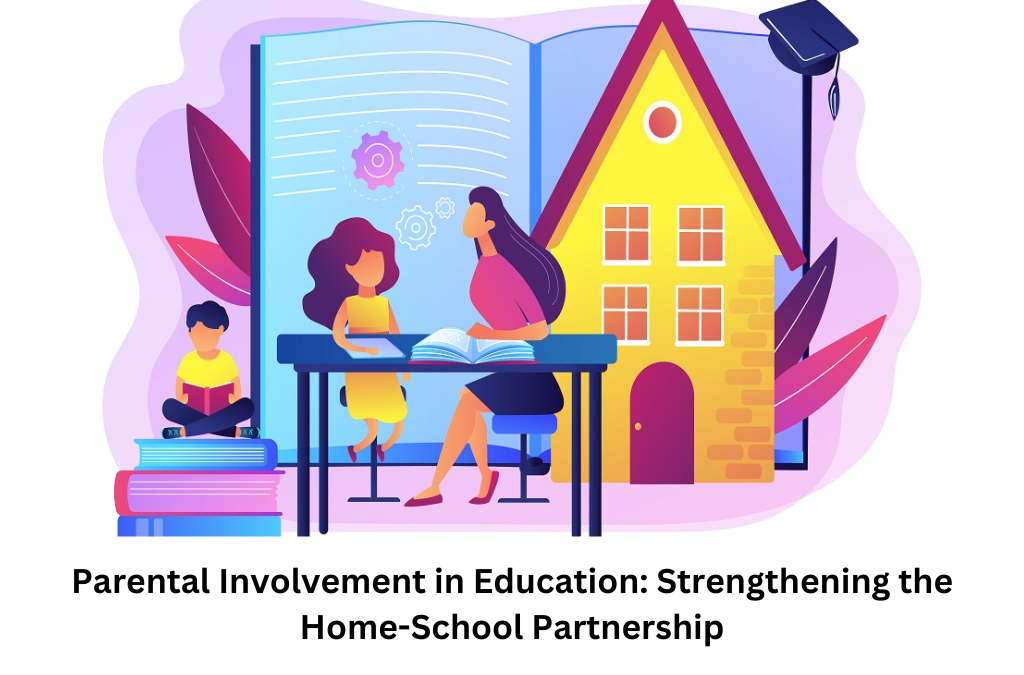Educational Escapades: Home Schooling Field Trips

Educational Escapades: Exploring the World Through Home Schooling Field Trips
Embarking on the journey of home schooling provides a unique opportunity to reimagine education beyond the confines of a traditional classroom. In this exploration, we delve into the dynamic world of home schooling field trips, emphasizing the importance of experiential learning, real-world connections, and the development of a well-rounded educational experience.
Experiential Learning Beyond Textbooks: The Power of Field Trips
Home schooling field trips extend education beyond textbooks, bringing learning to life through firsthand experiences. Whether exploring museums, historical sites, science centers, or nature reserves, students encounter real-world applications of their studies. This experiential learning not only enhances understanding but also fosters a sense of curiosity and a love for learning that goes beyond theoretical knowledge.
Tailoring Field Trips to Curriculum: Seamless Integration
One of the advantages of home schooling field trips is the seamless integration of outings with the curriculum. Educators can tailor trips to align with ongoing lessons, reinforcing classroom concepts in a tangible way. Whether visiting a science museum during a physics unit or exploring historical landmarks during a history lesson, these tailored experiences enhance the depth of understanding.
Connecting with Local Community: Learning Beyond the Classroom Walls
Home schooling field trips provide opportunities for students to connect with their local community. Visiting local businesses, community centers, and historical sites not only fosters a sense of belonging but also allows students to appreciate the rich cultural and historical tapestry of their surroundings. This connection contributes to a well-rounded education that goes beyond academic subjects.
Cultivating a Love for Nature: Outdoor Exploration
Nature-focused field trips play a crucial role in home schooling, cultivating a love for the environment through outdoor exploration. Visiting parks, botanical gardens, or nature reserves allows students to engage with the natural world firsthand. This direct experience fosters an appreciation for biodiversity, ecological systems, and environmental stewardship.
Cultural Immersion Through Arts and Museums: Broadening Perspectives
Home schooling field trips that focus on arts and museums provide opportunities for cultural immersion and broadening perspectives. Exploring art galleries, attending theater performances, or visiting cultural exhibitions allows students to appreciate diverse forms of expression and gain insights into different cultures. These experiences contribute to the development of cultural awareness.
STEM Adventures: Inspiring Interest in Science and Technology
STEM-focused field trips are instrumental in inspiring an interest in science, technology, engineering, and mathematics. Visiting science centers, technology labs, or participating in hands-on engineering projects sparks curiosity and enthusiasm for these fields. Home schooling allows for flexibility in tailoring STEM adventures to the specific interests of each student.
Socialization and Community Building: Shared Experiences
Field trips in home schooling settings contribute to socialization and community building. Shared experiences, collaborative learning, and group outings foster a sense of camaraderie among students. These opportunities for social interaction enhance communication skills, teamwork, and the development of lasting friendships within the home schooling community.
Practical Life Skills Through Real-World Experiences: Beyond Academics
Home schooling field trips provide avenues for acquiring practical life skills through






